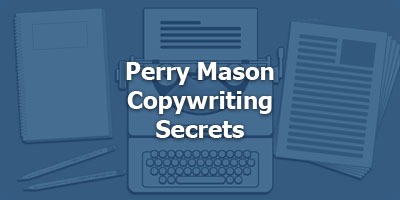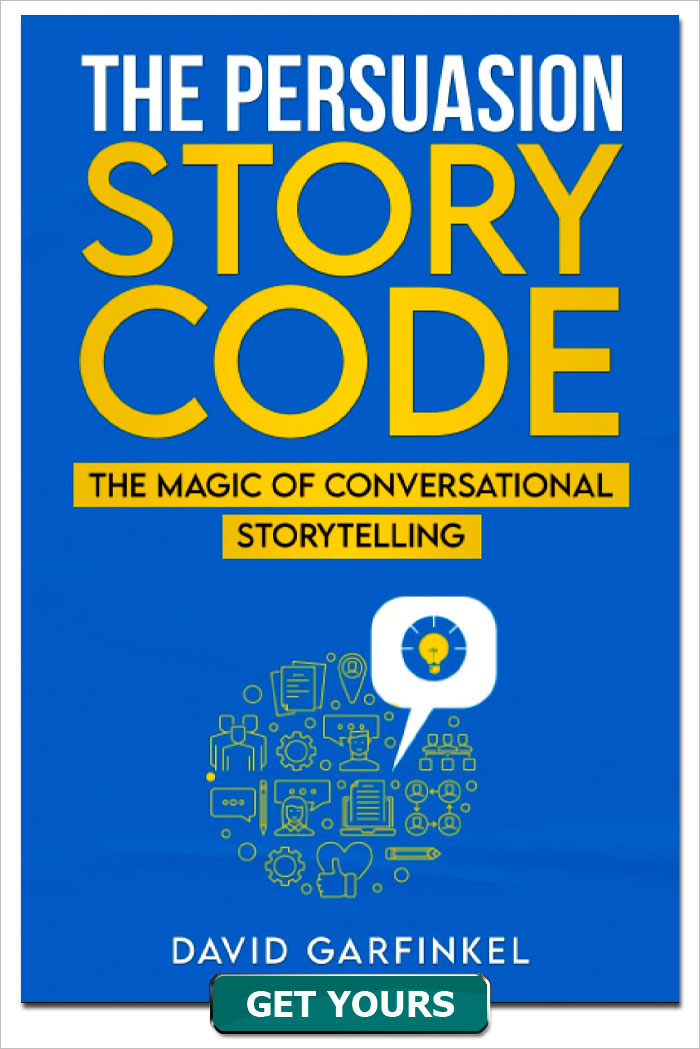Perry Mason Copywriting Secrets
Published by: David Garfinkel on 06-03-2019
Tweet
The TV series “Perry Mason” was an important part of my youth. It also turns out the writer who originally created the characters for the show was, for a time, the world’s best-selling author.
With more than 300 million book sales to his name, Earl Stanley Gardner was a real-world expert on how to communicate with large numbers of people in an emotionally compelling way. In today’s show, we extract some secrets from a book that details the years of work, and important discoveries, Gardner made in his never-ending quest to learn how to write the perfect story.
The book is called “Secrets of the World's Best-Selling Writer: The Storytelling Techniques of Erle Stanley Gardner.” Its authors are Francis L. and Roberta B. Fugate. You can get it on Amazon: https://www.amazon.com/dp/B00OQ6XDHQ/ref=cm_sw_em_r_mt_dp_U_P9sRCbXJEMSQR
Here’s what we cover in the podcast:
1. Gardner’s carefully refined five-point checklist for the perfect plot
While this checklist is for fiction, there’s a lot in there that will also help copywriters improve their engagement and conversions.
2. Themes and motivations that magnetize readers to your words.
Here’s a list of what we discuss. These are directly from Gardner, via the Fugates’ book:
Themes:
1. Tis sport to see the engineer hoist by his own petard (the villain who overreaches himself)
2. Man in position of power abusing that power and tripped up
3. The old man who is still young
4. Man who champions the underdog
5. Why don’t you speak for yourself, John?
6. The ugly duckling who becomes beautiful
7. Man who renounces reward and is doomed to independent loneliness
8. Downtrodden person suddenly asserting himself
9. The race is not always to the swift
10. Virtue is its own reward
11. There’s many a slip twixt cup and lip
12. Haste makes waste
13. He who hesitates is lost
14. Faint heart never won fair lady
Motivations:
1. Wealth
2. Happy sex companionship
3. Justice
4. Food
5. Happiness of environment
6. Opportunity to get ahead
7. Self-improvement
8. Wisdom . . . knowing more than another man
9. Influence
10. Put the overbearing boss in his place
11. Physical perfection or improvement
12. Domination of environment—mastery of others
13. Triumph of the underdog
One other gem I plucked from this incredible book:
“Don’t give your reader a headache.”
Gardner’s early tries were too thought-provoking for the markets he was writing for, and he got some serious literary smack-downs in rejection letters from his editors (one of whom later went on to work for The New Yorker). Good lesson for copywriters in this.
Shout-out to the great Scottish copywriter Colin Joss for giving me a heads-up about the book we quote from in this show.
Keywords: Copywriting storytelling screenplays









